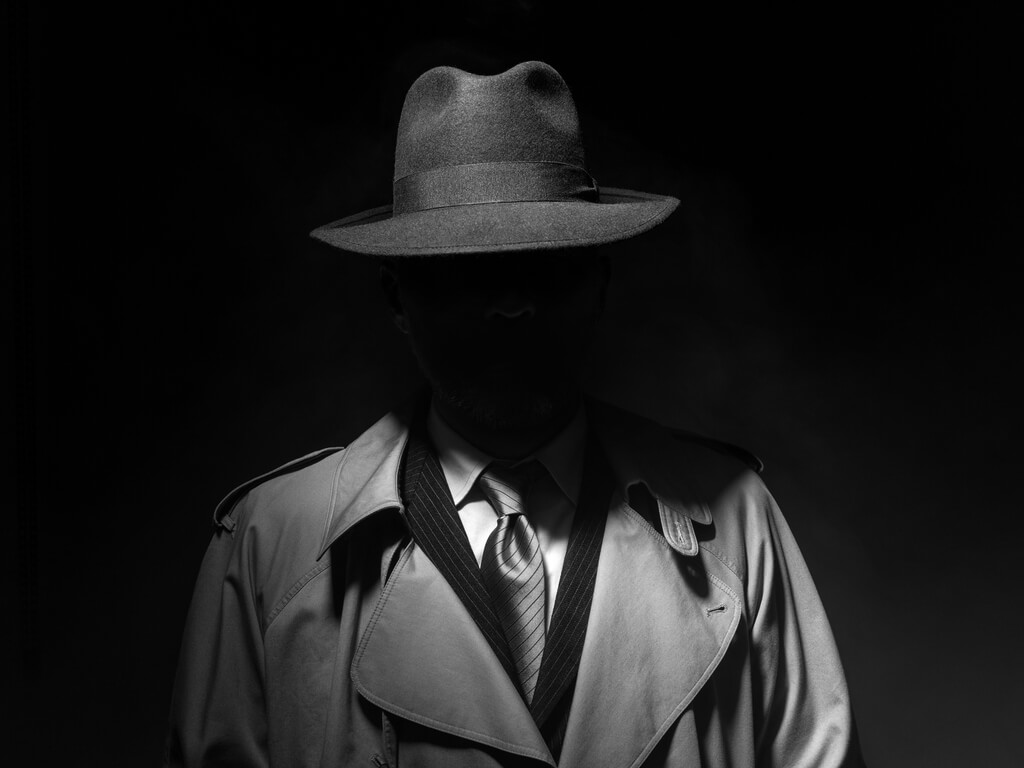What is RICO Crime?

RICO stands for Racketeer Influenced and Corrupt Organizations Act. This is a federal law that was written and passed in 1970 as a way for the federal government to officially criminalize organized crime. Before this law, prosecutors had difficulty bringing criminals who participated in racketeering to justice. What makes this act important to the average person is that several crimes that are considered RICO crimes are also common white-collar and blue-collar crimes. Depending on the circumstances, being charged with a white or blue-collar crime can see you charged with a RICO crime as well.
What is a RICO Crime?
A RICO crime is another name for a racketeering crime. Racketeering is a type of organized crime where the defendants have created a fraudulent, coercive, extortionary, or otherwise illegal operation to collect a profit.
Because RICO crimes are investigated and prosecuted by the federal government, they carry heavier consequences than normal blue-collar and white-collar crimes. Whether you committed these crimes for an organization knowingly doesn’t always help your case. That’s why it’s important to have a criminal defense lawyer no matter what.
What Activities Count as RICO Crimes?
There is a list of crimes – both white and blue-collar in nature–that are considered RICO crimes when committed for an organization.
- Gambling
- Murder
- Kidnapping
- Extortion
- Arson
- Robbery
- Bribery
- Dealing in obscene matter
- Drug trafficking
- Counterfeiting
- Theft
- Embezzlement
- Fraud
- Obstruction of justice
- Slavery
- Money laundering
- Commission of murder-for-hire
- Embezzlement of union funds
- Bankruptcy fraud or securities fraud
- Criminal copyright infringement
- Human smuggling
- Acts of terrorism
Several of these crimes are considered simple white and blue-collar crimes when not associated with a criminal organization. If you need to prove you are not associated with a criminal organization to avoid a federal charge, you need an experienced criminal defense lawyer.
What Separates a RICO Crime From a White or Blue-Collar Crime?
To be considered a RICO crime, the act must follow some specific criteria. This criterion is used to prove that the defendant’s criminal activity has or will affect interstate commerce. If it would affect interstate commerce, the operation can be considered big enough to be a criminal organization rather than a few individuals. These specific criteria are:
- The defendant must have engaged in two or more instances of racketeering. These two instances do not have to be the same crime. They can be two different acts that both count as racketeering crimes.
- Proof of a criminal enterprise’s existence.
- The defendant is proven to be associated with/employed by/the creator of this criminal enterprise.
What Organizations Can Be Charged With RICO Crimes?
When racketeering comes to mind, it’s easy to think of organizations like the mafia or the cartel, but they are not the only ones who can be charged with RICO crimes. Any organization can technically commit a RICO crime with acts of white-collar crime alone. Depending on the specific acts they commit, an organization can also commit a RICO crime without being forcibly dissolved as an organization. Some examples are:
- Major League Baseball (MLB): In 2002, former owners of the baseball team, the Montreal Expos, filed charges against–at the time–MLB commissioner Bud Selig and Expo owner Jeffrey Loria. They supposedly tried to devalue the baseball team to move the Expos from Montreal to Washington. This scheme, which would result in their financial gain, led to a court case where the MLB was found liable for their actions. The case would later end in arbitration.
- Greenpeace: In 2016, Canadian company Resolute Forest Products filed a defamation case against the environmental organization, Greenpeace. Resolute Forest Products argued that Greenpeace’s tactics targeted their customers with extortive threats, sometimes while posing as Resolute Forest Products’ employees. Whether or not they are guilty has not yet been determined.
What are the Punishments for RICO Crimes?
Each individual crime has its own punishment, but if they are found to be acts of racketeering as well, further punishments can be added to them.
- For extreme acts, such as murder, human smuggling, or slavery, one can face life imprisonment.
- An individual will receive 20 years of imprisonment for each count of crimes that cause physical harm but not death to a singular or a few victims.
- Where no victim was physically harmed due to the consequences of the defendant’s actions, the defendant will face a fine that’s up to double the organization’s illegal profits. These cases can sometimes receive imprisonment as well.
Don’t Face Unfair Charges Alone, Contact MVSK
If you’re facing a charge for a white-collar or blue-collar crime, along with a RICO charge on top of it, contact the criminal defense attorneys at Mazzoni Karam Petorak and Valvano. We will work to make sure your charges are fair and fight against added stipulations you don’t deserve. Then we will fight to prove your innocence or gain you a more desirable sentence.

